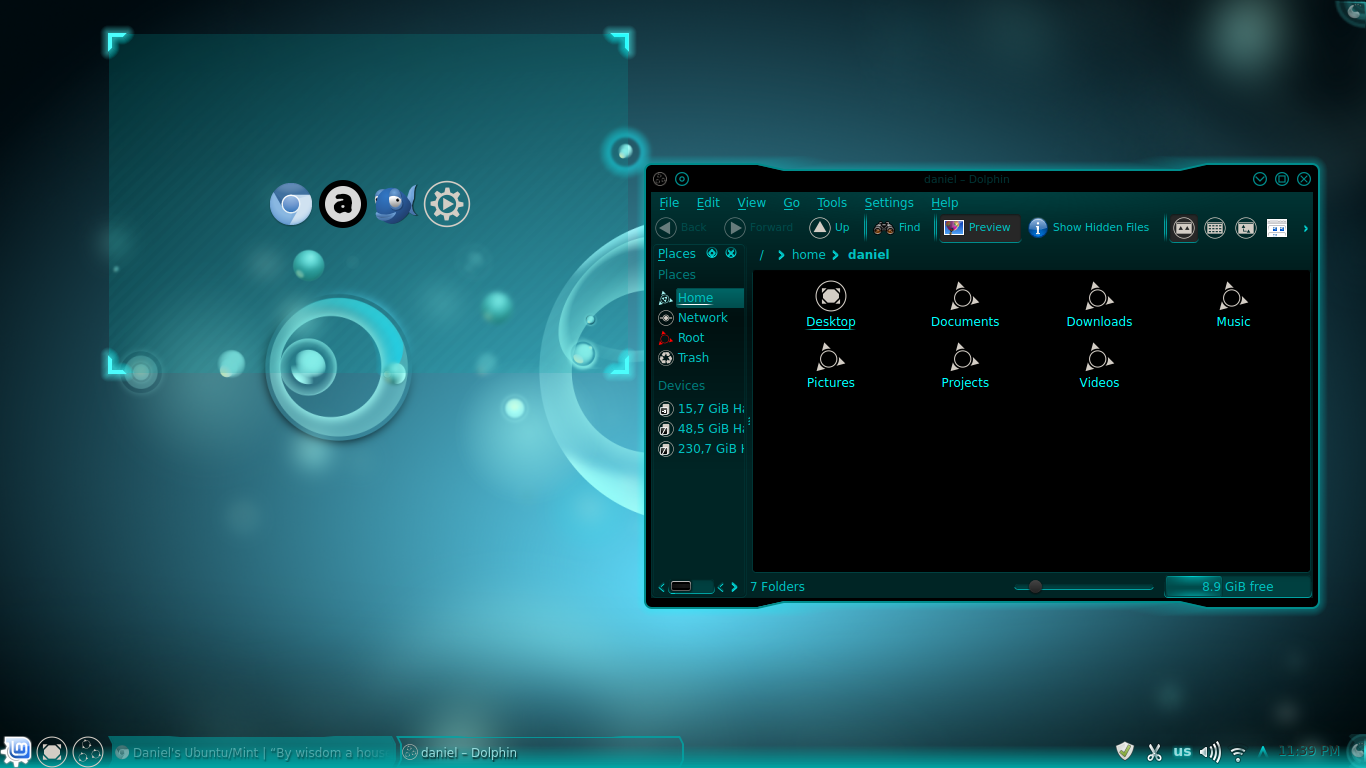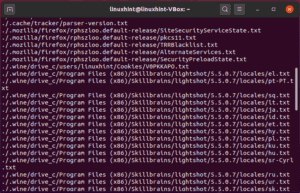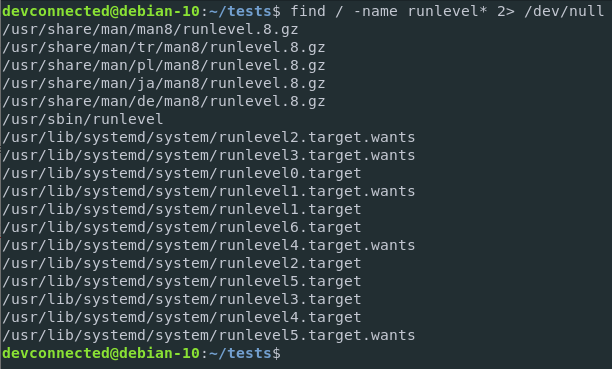
- #Linux find file by extension then delete script how to
- #Linux find file by extension then delete script full
Above that, you will notice a slowdown in performance. In most cases, a Linux computer will reach its total capacity at 95%. Some tips and tricks to keep your Linux system trim and running well are provided below: Tip #1: Verify the Free and Used Space On Your Computer's Disks
#Linux find file by extension then delete script full
While Linux computers' key selling points are their open-source nature, flexibility, and minimal maintenance requirements, they nevertheless need regular tweaking to function at their full potential. Linux is the operating system for many engineers and programmers working on cutting-edge computers. It is well-known that Google uses Linux to operate its servers, which powers its popular search engine, applications, and Chromebook computers. Security Tips When Cleaning Up Files on Linux You can recover lost data even when your Linux device is crashed. Additionally, you may remove them with a single command if that becomes necessary. With find, you may look for files that have yet to be touched in more than X days and then delete them all. Delete Files Older Than X Hours / Days on Linux You may use any Linux distribution using the provided examples. This material is designed for novice and advanced Linux users since it covers a topic essential to the operating system: locating and removing files based on their mtime (Modification/Creation time).


Most often, this is used to get rid of backups that are too old or to get rid of rotational logs that are older than a specific number of days.
#Linux find file by extension then delete script how to
Here, we'll look at how to delete files in Linux that are more than x days old. Examples to Delete Files Older Than X on Linux Not that complicated, huh? First, let's try out some of the situation-specific instructions. When the search command returns a match for the specified criteria, you may delete it using the -delete option or xargs. The find command is helpful in such a situation since it will initially look for the file in one of the following ways: to end in -amin, -atime, -cmin, -ctime, -mmin, and -mtime. You can locate and erase older files in the backup directory. As such, keep up a consistent cleaning schedule.

There will be a lot of unnecessary data on the server if, for instance, we back up files and databases every day or every hour. It's recommended that you purge your server of unneeded files regularly. 03 Security Tips When Cleaning Up Files on Linux Command to Delete Files Older Than X on Linux


 0 kommentar(er)
0 kommentar(er)
